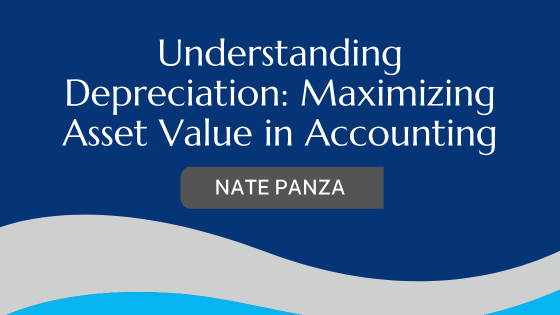Depreciation might sound like a complex accounting term, but at its core, it’s a crucial concept that helps businesses manage their finances wisely. Let’s embark on a journey to demystify depreciation, making it as straightforward as balancing a checkbook.
What is Depreciation?
Imagine you’ve purchased a shiny new computer for your business. Over time, that computer’s value decreases due to wear and tear, technological advancements, or simply because it’s aging. Depreciation is the systematic way of allocating this cost over the asset’s useful life.
Why Does it Matter?
Depreciation isn’t just number-crunching for accountants; it’s a way for businesses to accurately reflect the actual value of their assets. Spreading the cost over several years mirrors the realistic wear and tear on assets and prevents a significant hit to the bottom line in the year of purchase.
Methods of Depreciation
Now, let’s explore a couple of standard methods used to calculate depreciation:
- Straight-Line Method:
-
-
- This method evenly distributes the cost of an asset over its useful life.
- It’s like slicing a pie into equal pieces – predictable and easy to understand.
-
- Declining Balance Method:
-
- Also known as the accelerated method, it frontloads the depreciation expense.
- Think of it as a rollercoaster – higher depreciation at the start, gradually decreasing over time.
The Impact on Financial Statements
Depreciation isn’t just a figure buried in financial statements; it has tangible effects:
- Income Statement:
-
-
- Depreciation is an expense that reduces the net income, reflecting a more accurate profit.
-
- Balance Sheet:
-
- It reduces the asset’s value, reflecting its true worth over time.
Maximizing Value Through Depreciation
Understanding depreciation allows businesses to strategize and maximize the value of their assets:
- Tax Benefits:
-
- Depreciation can lower taxable income, providing businesses with tax advantages.
- Budgeting and Planning:
- Knowing the depreciation schedule helps businesses plan for future expenses and replacements.
Conclusion
In the accounting world, depreciation is like the steady heartbeat that keeps a business’s financial health in check. It’s not about making numbers complicated but rather about reflecting the actual value of assets over time. So, the next time you see depreciation on a financial statement, remember it’s not just about numbers; it’s about making informed financial decisions and steering your business toward lasting success.

